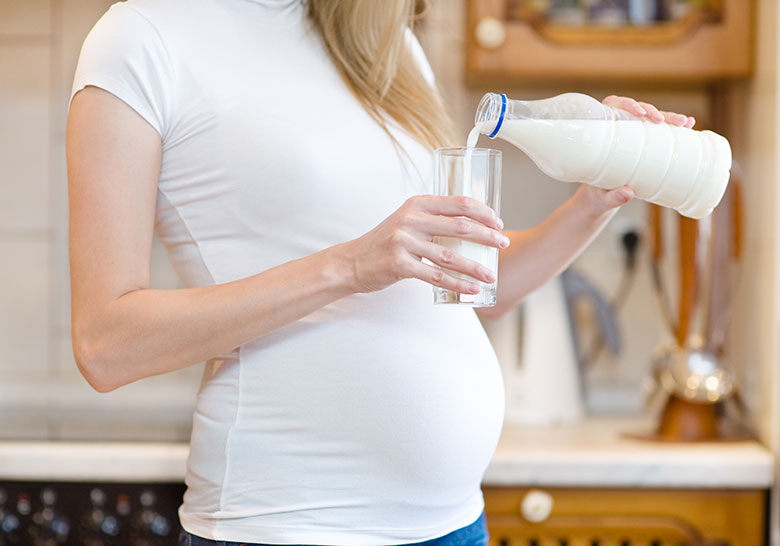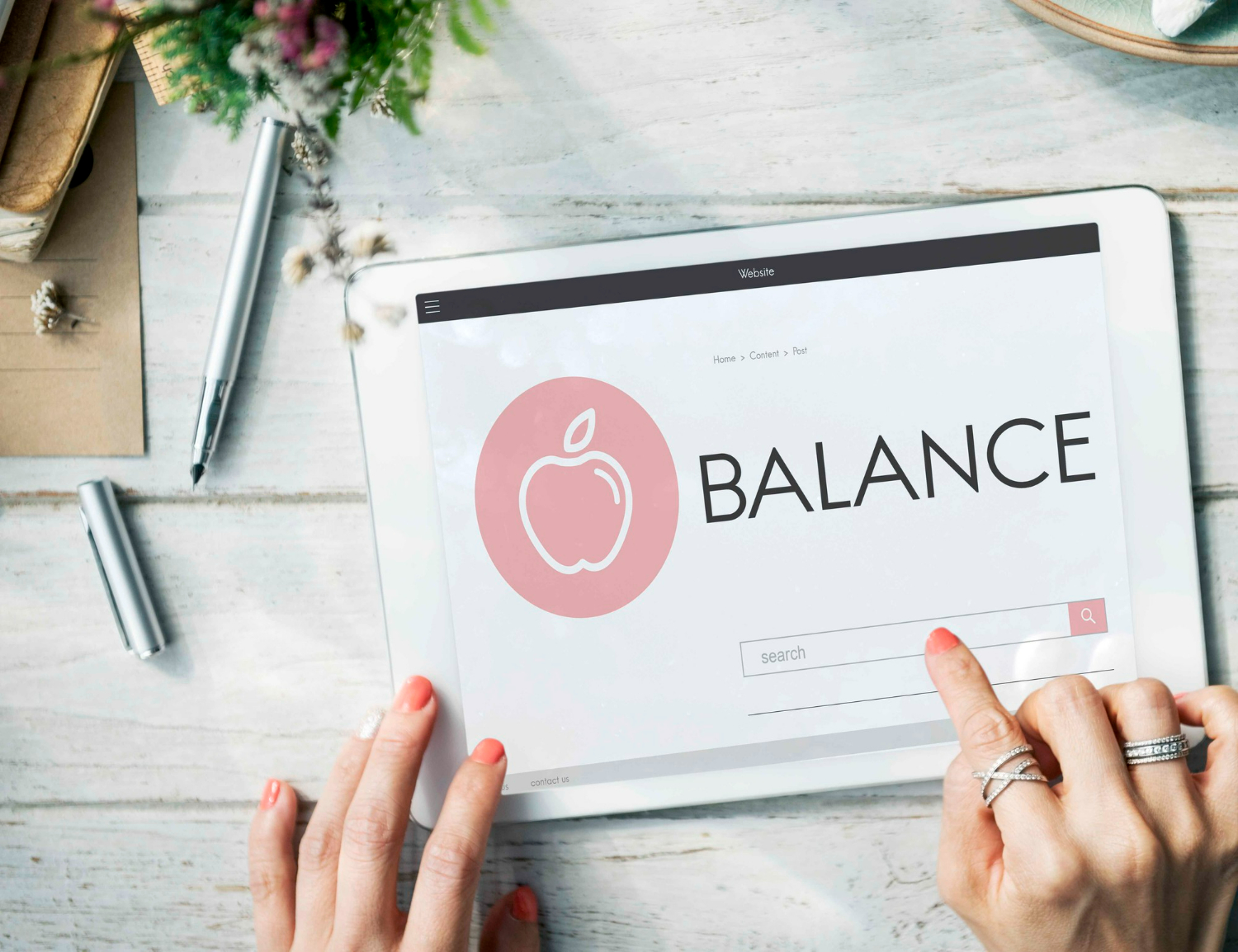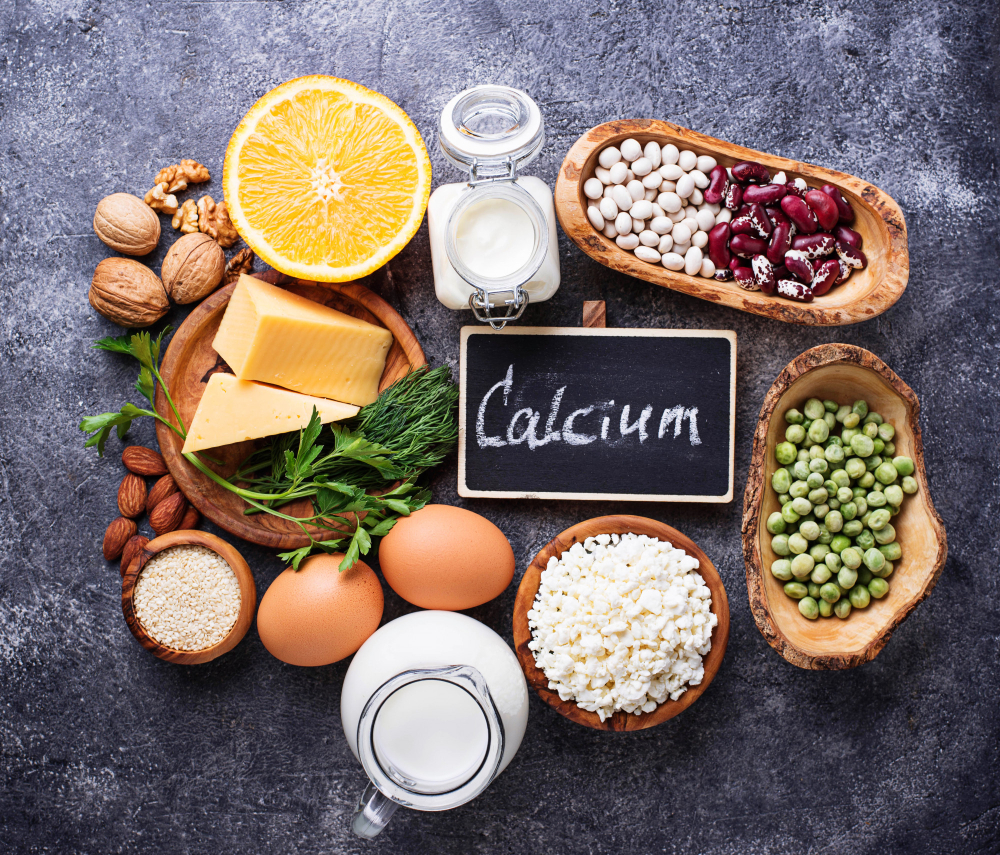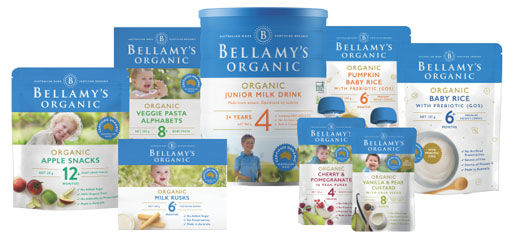A Guide to Good Eating During Pregnancy

Making better food choices during pregnancy not only helps to protect the health of your growing baby but also helps to keep you feeling your very best during this transformative time. Choosing good, healthy foods gives you all the essential vitamins and nutrients you need to support your pregnancy and to avoid becoming ill and potentially harming your baby. In order to support a healthy pregnancy, it’s important to avoid processed food or ‘junk food’ as well as become aware of other foods and products that carry the risk of making you and your baby sick.
Foods to avoid during pregnancy
Expectant mothers have to pay close attention to the foods they eat in order to avoid consuming harmful foods and beverages. There are some foods that should be consumed occasionally, while others should be avoided completely.
Ok to eat occasionally – with caution
Processed cheese, cheese spreads, cottage cheese, cream cheese
Dairy foods such as cheese are important because they provide calcium and other nutrients your baby needs. Some cheeses however are best consumed occasionally. These include processed cheeses, spreads and cottage or cream cheese. If you do choose to eat them, make sure that they have been stored in the fridge and eat within 2 days of opening the packet.
Custard
Store-bought and homemade custard can be consumed, provided you eat within the expiration or use-by date and it has been stored safely in the fridge.
Eggs
Always cook eggs thoroughly before consuming and avoid cracked or dirty eggs. Cooking your eggs all the whites and yolks are solid reduces your risk of salmonella food poisoning.
Leftovers
Eating leftovers is a great way to reduce food wastage, but be sure that any leftovers you eat have been covered and left in the fridge and then consumed within a day.
Canned food
It’s safe to eat canned fruit, vegetables, lentils etc. but make sure that it is consumed within a day after opening.
Hummus
Consume store-bought or homemade hummus within 2 days of opening or making fresh.
Fish
If you do eat seafood, choose fish that is low in mercury and make sure that it is cooked before eating. Also, stick to just 1-2 servings of fish a month to ensure you’re getting the vital omega-3 fatty acids which are important for your baby’s growth.
Meat
Only consume meat that has been cooked so that it is steaming hot with no traces of pink or blood. Avoid eating rare meat and processed or pre-packaged meat.
Foods to avoid completely
Processed or uncooked meats
As previously stated, meat should only be consumed if it is cooked to at least 75°C and eaten straight away. Rare meat, undercooked or processed meats should be avoided completely since uncooked meat carries the risk of infection from bacteria which can threaten the health of your unborn baby and potentially lead to miscarriage, stillbirth or neurological diseases.
Raw eggs
Eggs that have been eaten raw may be contaminated with Salmonella which can lead to vomiting, diarrhoea, stomach cramps and fever. Keep wary of foods that contain raw eggs such as homemade or homestyle mayonnaise, lightly cooked eggs, poached eggs, salad dressing, homemade ice-cream and cake icing and batter.
Pate
Avoid all types of pate including vegetable pates and liver products, as they can contain harmful Listeria. These products also contain high levels of vitamin A which can harm your baby.
Raw seafood and ready-to-eat prawns
Raw shellfish, store-bought sushi, and seafood that hasn’t been properly cooked, handled or that contain high levels of mercury should be avoided entirely. Raw seafood can contain bacteria or parasites that may affect the mother or both mother and baby.
Soft cheeses
Some types of cheeses should be avoided while pregnant. These include mould-ripened soft cheese such as brie or camembert. Blue-veined cheeses should also be avoided as they can contain Listeria, a bacteria that can harm your baby.
Raw/unpasteurised milk
Drink only pasteurised or UHT milk (also known as long-life milk). Raw milk should be avoided completely. If raw milk is the only milk available, make sure you boil it first to get rid of any potential Listeria contamination. Other dairy products to avoid include soft serve or fried ice-cream.
Pre-packaged salads
Pre-prepared salads or fruit salads, including those found in a buffet bar, may carry a higher risk of Listeria contamination so it’s best to make a salad fresh from your own ingredients. Rockmelon and bean sprouts or raw sprouts should also be avoided, as they also carry a higher risk of Listeria contamination.
Foods to eat more of during pregnancy
Overall, aim for a healthy and balanced diet while pregnant. Ensure that you are covering all the 5 food groups, and focus on eating a healthy amount on:
- Vegetables and legumes
- Bread and cereals
- Milk, yoghurt and cheese (just ensure you choose milk that is pasteurised and avoid soft cheeses)
- Meat, poultry and fish (provided they are cooked thoroughly and prepared safely)
- Fruit
These food groups contain vital sources of protein which help your baby to grow, while fruit and vegetables contain essential vitamins and minerals as well as fibre, which aids digestion and supports a healthy body. Carbohydrates found in bread, cereals, oats, pasta, noodles, potatoes and cornmeal provide an important source of vitamins and fibre and help to keep you feeling fuller for longer.
You will most likely notice that you feel more hungry than usual, but you don’t have to ‘eat for two’ (even if you are expecting twins!). Ensure you’re having frequent yet small wholesome meals throughout the day, especially a big breakfast as this can prevent a drop in sugar levels which leads to snacking and overeating.
Key nutrients that support a healthy pregnancy
While most of the key nutrients & vitamins you need can be found in the food you eat, you may need a supplement to ensure you’re getting all the right nutrients. These include:
- Iron:Pregnancy can deplete a mother’s iron stores, and low iron levels in pregnancy have been linked to premature birth and low birth weight. Aim for 27mg a day of iron through a mixed diet of animal and plant foods.
- Vitamin C:Vitamin C promotes healthy gums, teeth and bones and also helps your body to absorb iron. You can get your Vitamin C from citrus fruits, broccoli, tomatoes and strawberries. Aim for 85mg daily.
- Vitamin D:Build your baby’s bones and teeth as well as help your body absorb calcium with Vitamin D. You should get 600 international units (IUs) a day through exposure to sunlight, fortified milk, and fatty fish.
- Vitamin B6 and B12:Vitamin B helps form red blood cells and maintains your nervous system.
- Folate (Folic Acid):Folate is a B vitamin that is needed for your baby’s healthy growth and development. You should be taking 400 micrograms of folate daily before you fall pregnant, and during the first 12 weeks of pregnancy to reduce the risk of neural tube defects.
Additional products to avoid
In addition to certain foods, there are also additional products or things to avoid while you’re pregnant. The most important ones to avoid completely include:
- Alcohol:Not drinking alcohol is the safest way to protect your baby. Whether you’re planning on getting pregnant, are pregnant or breastfeeding, you should avoid alcohol completely.
- Drugs:Pregnant women should avoid drugs. In addition, they should not take any drugs medicine without consulting with a doctor first. These substances can be particularly harmful to your baby and may decrease their chance of survival.
- Tobacco/smoking:Ideally, a pregnant woman should quit smoking before pregnancy and avoid tobacco during and after pregnancy to protect the health of their baby.
Bellamy’s Organic Pregnancy Formula is a premium formulated supplementary food carefully crafted to support the health of mothers, pre, during and post-pregnancy.
It provides nutrition to support maternal wellbeing and foetal development, including DHA, GOS & FOS, helping mothers and expectant mothers meet the additional nutritional requirements of pregnancy and breastfeeding.
Featured post
-
05 Diet Plans That Are Good For Your Health
31/07/2022
-
Best Times to Sleep for Adults & Children
01/06/2022








